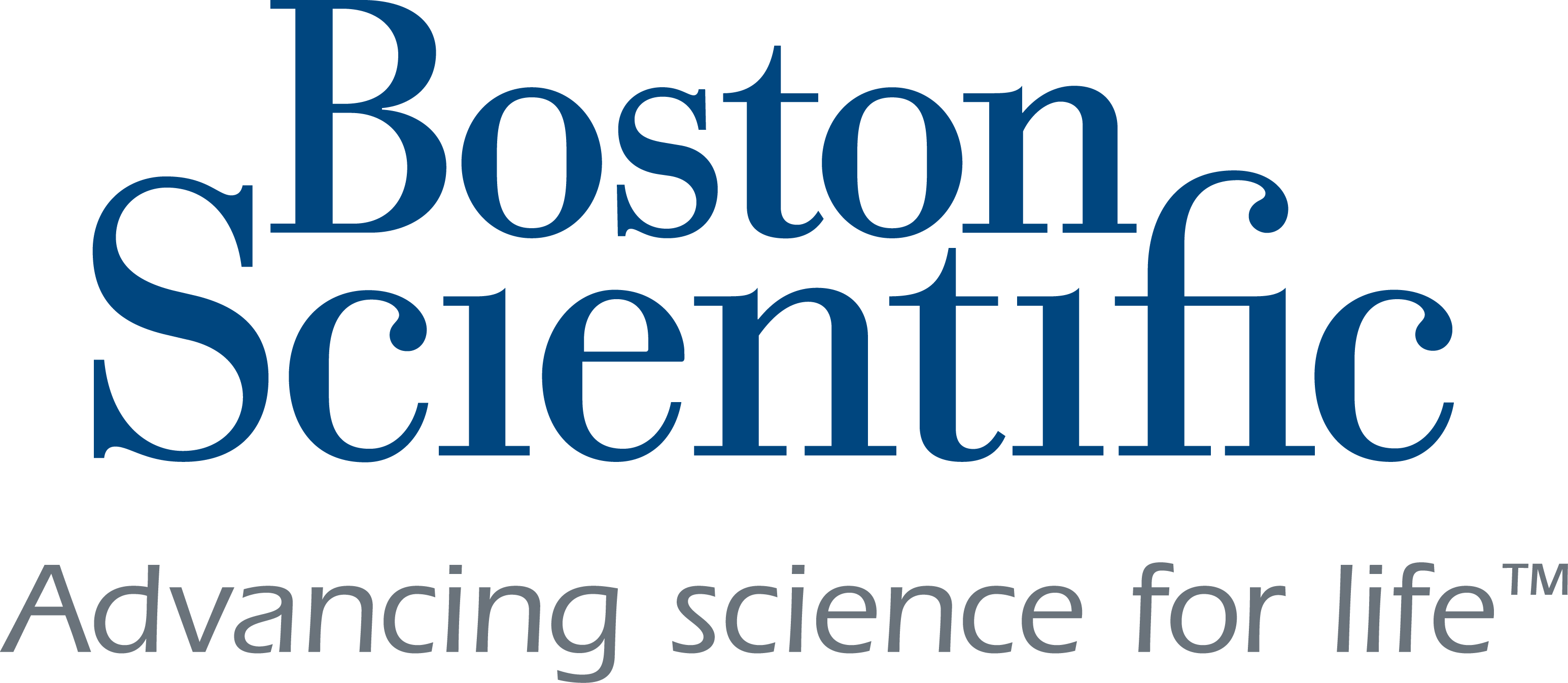
Eliminating scrap and waste throughout the medical device supply chain
Helping Boston Scientific quantify the impact of digital inventory visibility and cost a proof of concept

Helping Boston Scientific quantify the impact of digital inventory visibility and cost a proof of concept
Determine the cost and opportunity value a connected solution will bring to a corporation-wide challenge: inventory visibility.
Next Mile helped every actor in the BSC supply chain understand how much time, money, and agony they’ll save with inventory tracking. Then, we helped plan their first steps to attain it.
Supply chain value identified from digital tracking:
| Component | Gains captured | Pains alleviated |
|---|---|---|
| Planning | 17 | 19 |
| Sourcing | 7 | 12 |
| Manufacturing | 11 | 28 |
| Delivery | 9 | 15 |
| Total | 44 | 74 |
Total savings opportunity: $classified
Every day, good medical devices become scrap, being declared obsolete, expired, recalled, or no-longer-compliant by shifting regulations.
Medical devices live in hospitals as consigned inventory, warehoused at the hospital but only purchased when used in a procedure. Tracking both inventory and purchases happens in manual cycle counts performed in person.
Getting patients and doctors the devices they need when they need them requires heroic effort. Planning new product production takes crystal-ball wizardry.
As the world leader in specialty interventional medical devices, Boston Scientific knows how scrap affects hospitals, doctors, and patient outcomes. They also knew a digital solution could put devices exactly where they need to be.
Inventory tracking technology isn’t new. Boston Scientific’s engineers had already prototyped multiple technical solutions, but choosing a solution required alignment to the business case that had the greatest impact with the least disruption.
It’s a complex choice with cascading consequences. Boston Scientific had the foresight to seek Next Mile’s assistance prior to constructing anything.

To start, Next Mile conducted a two-day workshop that brought multiple representatives of the global supply chain together. Our group had three objectives:
Despite some groups being new to each other, the Boston Scientific teams established quick cohesion and rapport.
After introducing the premise and each other, Boston Scientific and Next Mile created the backdrop of the day’s discussion: a step-by-step map of the supply chain.
Every expert and department defined their specific area, while senior executives tested the map’s integrity by walking a hypothetical interventional cardiology product through each stage.
Next we focused on data classification, fleshing out the data would be useful against the data technology could realistically deliver. Groups began by arguing for data types based on intuition and expertise, zeroing in on four classes of inventory data that had real utility:
Boston Scientific’s engineers had proven that different technologies could make any of these available, but that didn’t make them equally worthwhile.
When you’re knee-deep in a problem and about to start solving it, it helps to step back and calibrate against what matters. To facilitate that, Next Mile directed a breakout exercise focused on pains and gains. Teams identified what would be gained, created, or lost by knowing a given data type at specific moments in their supply chain. Each came up with a shockingly large number of each.
Earlier, participants had argued for multiple data types. We directed each group to choose their top 5 pains and top 5 gains, asked clarifying questions about each, then mapped them to a diagram of the four data types. In a big reveal, our facilitator
After the workshop, each team got a critical homework assignment: quantify the value of each pain and each gain in terms of potential savings. Equipped with this information, Boston Scientific calculated potential savings with realistic accuracy, far beyond estimated percentages of lost value.
Alongside our quantification exercise, Next Mile architected a potential proof of concept. Prototyping systems this far-reaching requires a two-part description:
We’d love to share more, but this systems’ specifics are classified.
Boston Scientific started with ideas and proofs of concept and emerged with a unifying picture of what to pursue and why. Properly focused, Boston Scientific’s field inventory tracking system could benefit the entire healthcare system:
Internally, Boston Scientific’s teams received critical clarification:
For Next Mile, this project embodies our mission: increase value and actionability by reducing ambiguity, fostering our customer’s digital sustainability.
Today, Boston Scientific is prototyping and investigating minimally-intrusive options that deliver the data required to empower the entire value chain. As they succeed in improving supply operations, they improve the lives of everyone who needs or may need a medical device.
Field inventory tracking delivers a double benefit to the medical system. Reducing scrap lowers device costs for patients, and placing devices in the right spot at the right time keeps patients healthy.